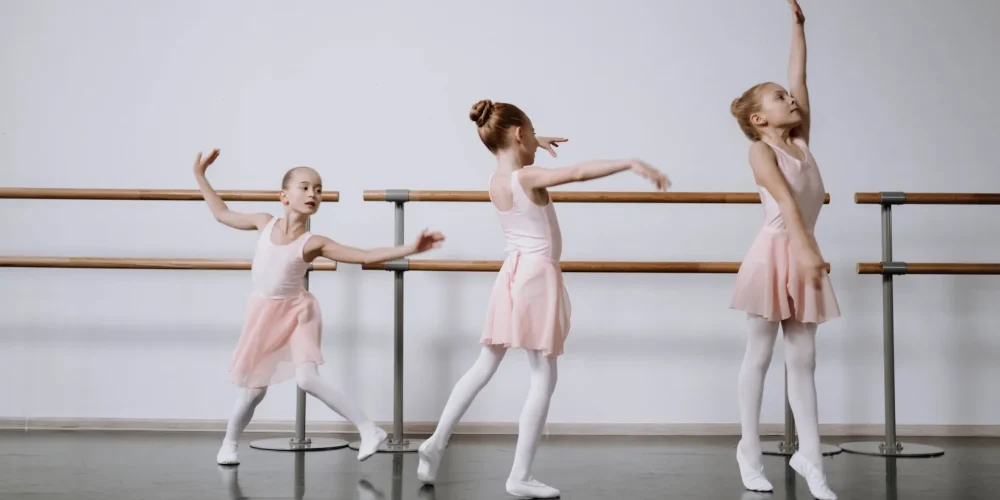Are We All Brothers And Sisters
When we ponder the question, “are we all brothers and sisters?” it goes beyond biological ties. The concept of brotherhood and sisterhood is rooted in the idea that we are connected as human beings, sharing a common bond that transcends race, nationality, and culture. It emphasizes the fundamental belief that every individual deserves respect, compassion, and equal treatment.
Brotherhood signifies a sense of unity among individuals who support and uplift one another. It promotes empathy, cooperation, and a shared responsibility towards creating a harmonious society. Similarly, sisterhood highlights the importance of female empowerment, solidarity among women, and breaking down gender barriers.
Our Shared Humanity
One of the key aspects of brotherhood and sisterhood is recognizing our shared humanity. Despite our diverse backgrounds and experiences, we all possess fundamental emotions like love, joy, sorrow, fear, and hope. This shared emotional landscape connects us on a deeper level than superficial differences ever could.
By acknowledging our common humanity, we can foster understanding and create opportunities for dialogue. When we approach others with an open mind and genuine curiosity about their stories or perspectives, we bridge gaps between cultures or belief systems. This fosters mutual respect while paving the way for collaboration on issues affecting us all.
Breaking Down Barriers
Brotherhood and sisterhood also challenge us to break down barriers that divide us as individuals or societies. These barriers can take many forms – be it prejudice based on race or ethnicity; discrimination due to gender identity or sexual orientation; economic disparities; or even political ideologies.
Through education, awareness campaigns, legislative changes if necessary – there are various ways to dismantle these barriers effectively. By actively working towards inclusivity in all aspects of life – from workplaces to communities – we promote a more just society where everyone feels valued regardless of their background.
The concept of brotherhood and sisterhood encapsulates the belief that we are all interconnected as human beings. It emphasizes our shared humanity, encourages empathy, and pushes us to break down the barriers that divide us. By fostering a sense of unity, understanding, and respect, we can create a world where we recognize each other as brothers and sisters – regardless of our differences.

Religious Perspectives On Brotherhood And Sisterhood
In exploring the question, “Are we all brothers and sisters?”, it is important to consider the various religious perspectives on this concept of universal kinship. Different religions have unique teachings and beliefs regarding brotherhood and sisterhood, shedding light on how they view the interconnectedness of humanity.
- Christianity: Christianity emphasizes the idea that all human beings are children of God, making them part of one large spiritual family. The Bible teaches that every individual is created in God’s image, emphasizing the shared origin and inherent dignity of all people. This belief forms the foundation for the Christian understanding of brotherly love and compassion towards others.
- Islam: Islam also emphasizes the unity of humanity through its concept of Ummah, which refers to a global community bound together by faith rather than blood ties. Muslims believe that all individuals are equal in the sight of Allah, regardless of their race or ethnicity. The Quran encourages believers to treat each other as brothers and sisters, promoting harmony, justice, and mutual support among members of society.
- Hinduism: Hinduism recognizes a fundamental interconnectedness between all living beings through its concept of Vasudhaiva Kutumbakam (the world is one family). Hindus believe in reincarnation and karma, viewing each person as part of an eternal cycle where souls evolve over multiple lifetimes. This understanding fosters a sense of brotherhood and sisterhood that transcends physical relationships or societal divisions.
- Buddhism: Buddhism teaches an interdependent existence where everyone is connected through a web-like network called Indra’s Net. Buddhists emphasize compassion for all sentient beings as a means to alleviate suffering collectively. Through cultivating empathy and realizing our shared vulnerability to pain, Buddhists strive to foster a sense of universal kinship among all individuals.
- Judaism: Judaism emphasizes the idea that all humans are descendants from a common ancestor, Adam and Eve. Jews believe in the inherent dignity of every person as they are created in the image of God (B’tzelem Elohim). This belief forms the basis for Jewish teachings on social justice, emphasizing the importance of treating others with fairness and compassion.
It’s important to note that while these religions share a common thread of recognizing the interconnectedness of humanity, interpretations and practices may vary within each faith tradition. Nonetheless, these religious perspectives offer valuable insights into the concept of brotherhood and sisterhood, highlighting the potential for unity, empathy, and respect among all individuals.





